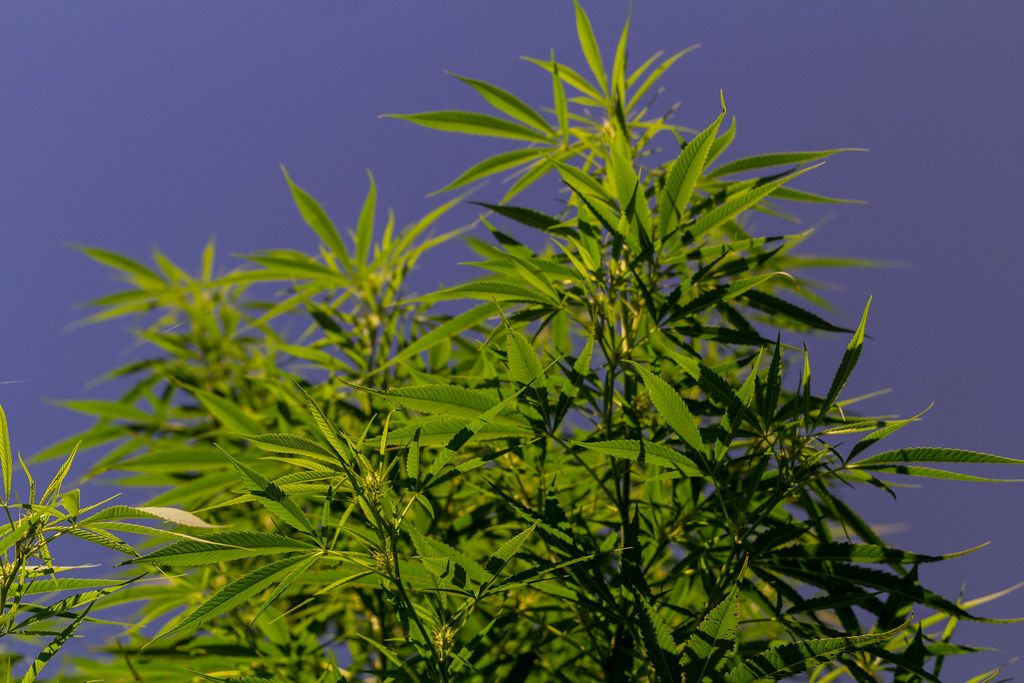As many readers know, the cannabis business had a mixed year in 2022. New markets experienced strong growth, but many existing markets saw a fall in legal cannabis sales, which slowed or even reversed growth. Even if some of this may be attributed to similarities the broader economy encountered after COVID-19, it nonetheless led to several businesses across the industry being affected by layoffs, cash shortages, and increasing debt.
2022, though, wasn’t all negative news. While recreational sales began in numerous other states, three more states passed laws legalizing cannabis for adult use. The Biden administration initiated federal reform by forgiving simple marijuana possession crimes and ordering a study of the classification of cannabis under federal law. Congress also passed the Medical Marijuana and Cannabidiol Research Expansion Act.
The most significant developments from 2022 are summarized below, along with predictions for 2023.
The U.S. cannabis sector exhibited symptoms of gaining less traction and facing more hurdles, including falling demand, after experiencing a sales surge during the early stages of the pandemic. As a result, established markets for legal cannabis across the nation are experiencing a supply glut that is lowering wholesale and retail prices.
For instance, it has been estimated that wholesale costs in California have fallen by as much as 95% after the state passed a law legalizing marijuana in 2016. (How Falling Cannabis Prices Killed a Third Generation Family Cannabis Farm, Updated December 14, 2022, KSBW-TV Action News 8, Monterey Hearst Television Inc.) And over the past two years, the retail cost of an ounce has dropped from around $400 to under $250 in Massachusetts. (Recreational cannabis prices in Massachusetts fall as business owners consider the future; Boston.com, December 13, 2022).
Meanwhile, the underground market’s competition, high taxes, and other restrictions remain a problem for legal retailers. Numerous issues, like the decline in cannabis costs at the wholesale and retail levels, are projected to continue through 2023.
Congress failed to enact serious cannabis reform once more in 2022, and federal legalization is unlikely to happen in 2023. Despite this, there was some progress made.
President Biden stated in October absolving individuals of federal charges related to simple marijuana possession. In addition, the president requested that the designation of cannabis as a Schedule I substance, the most severe classification under federal law. Reclassifying to Schedule II would be beneficial for the medical marijuana sector generally, despite some negatives. For instance, it would probably permit medicinal cannabis to be cultivated in one state and sold in another.
The declaration represented the most significant change in federal cannabis policy since the Controlled Substances Act (CSA) was passed in 1970, but its ramifications took time to materialize. There is no specific deadline for the administrative assessment of cannabis’s legal status under federal law, and it won’t likely be finished in 2023. The majority of pardons will also need to occur at the state level rather than the federal one because state cannabis convictions outnumber federal convictions by a large margin.
The first independent piece of cannabis-related reform was adopted by Congress in December (MMCREA). By removing federal limits on the study and the cultivation of research-grade cannabis, the bipartisan law opens the door for deeper investigation into cannabis’ potential medical benefits (which are presently conducted exclusively at the University of Mississippi). The MMCREA also supports the creation of CBD- and cannabis-based medications that are FDA-approved.

In 2023, many federal legalization bills are likely to be reintroduced. Both proposals, made during prior congressional sessions, would lift the federal cannabis ban.
The SAFE Act offers protections to financial institutions and other professional service firms doing business with state-legal cannabis businesses, is also anticipated to be reintroduced in 2023.
The SRA decriminalizes cannabis at the federal level while giving states control over prohibition and commercial regulation, is another potential candidate for reintroduction.
Nearly four years have passed since the FDA declared that cannabidiol was subject to regulatory control (CBD). This will most likely start to change around 2023. The EPA has neglected to fully address rules relating to CBD despite repeated requests for legislation from politicians and industry participants, leaving manufacturers and distributors without much direction (aside from the periodic release of warning letters).
Until this point, the FDA has mainly focused on food and beverage items that make unfounded health claims concerning CBD enforcement. However, recent changes in the agency’s internal and external approach to policing CBD products and other cannabinoids may signify things to come in 2023 and beyond.
As an illustration, the FDA appointed veteran cannabis policy expert Norman Birenbaum as adviser at the Center for Drug Evaluation and Research in September. Observers in the industry believe that this may signify that the government is finally preparing to create a regulatory framework for CBD and other products derived from cannabis.
Additionally, in the first half of 2022, the FDA sent warning letters to businesses that marketed goods containing Delta-8 THC, an intoxicating cannabinoid derived from hemp that is now available in several states on the black market. In November, the FDA also sent out several warning letters to businesses marketing foods and drinks with CBD.
The FDA also stated that it intends to publish its oversight plans in the upcoming months in a recent interview. (FDA Explores Regulating CBD in Foods and Supplements Due to Safety Concerns, as Updated on December 29, 2022, on WSJ.com) The FDA’s upcoming oversight plans may or may not ultimately have a significant impact on the CBD sector, but they likely will. Stay tuned, then!
In 2022, more than a dozen states passed more than 40 cannabis-related reform bills, according to a recent analysis by NORML. Three states—Rhode Island, Maryland, and Missouri—passed legislation legalizing and governing the adult-use market. While everything was going on, Mississippi legalized medical marijuana.
Currently, 39 states have some kind of cannabis legalization, with 21 states (plus the District of Columbia) allowing adult recreational usage. Additionally, recreational cannabis sales began in 2022 in Rhode Island, New Jersey, and (to a very limited level) New York. Connecticut also started its retail sales earlier this month. Maryland and Missouri retail marketplaces are anticipated to open later this year.
With cannabis becoming more accessible to people and with more cities and countries legalizing its use, it’s no wonder why cannabis is gaining traction nowadays. There are tons of cannabis products out there, including CBD gummies and HHC hemp gummies.
- The Ultimate Guide to Delta 8 Disposable Vapes: What You Need to Know - March 8, 2024
- The Environmental Impact of CBD Production - August 28, 2023
- Cannabis In Thailand: A Green Revolution - August 15, 2023


